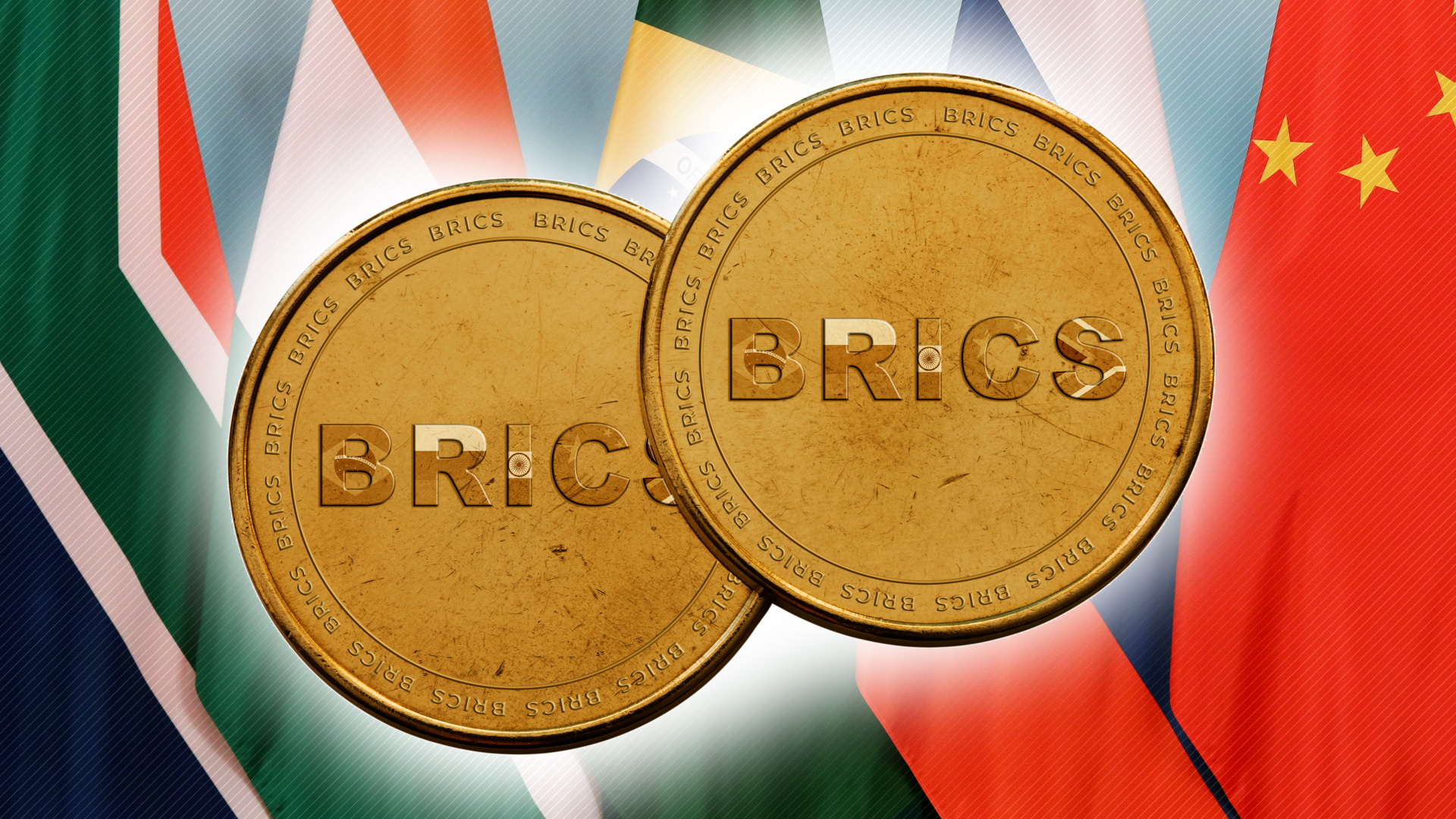
SIMONE DEL ROSARIO: So why is everyone talking about dedollarizing now? Why is this some big concern?
PETER ZEIHAN: Because people are the worst, we always pay attention to the wrong things. This is something that pops up from time to time. Whenever the United States does something that some country finds annoying, or whenever some country thinks that they found a way to crack the code, It has never amounted to anything, but we’d go through this every six to nine months. So the issue right now is you’ve got the Brazilian president talking about a BRICS currency. And in the aftermath of the United States doing some pretty severe financial sanctions on the Russians, people are wondering if there’s a way to get away. And what’s turning out is there’s a whole lot of nothing. So you know, if you just want me to kind of go down in the battery of what’s gone down here?
SIMONE DEL ROSARIO: Let’s do it.
PETER ZEIHAN: Okay. So, you know, at the top of the list, the Argentine’s say they’re all in and I would argue that you should never look to the Argentine’s for financial guidance, unless you’re looking for ways to you know, do more truancy. The Bangladeshis are saying that they will pay the Russians in rubles for a nuclear power plant that they could never afford to build in the first place. So that was already a dead project. You’ve got the Brazilian saying they’re all on board. But if you look under the hood, you know, you’re seeing some very interesting things for the rest of them. The Russians and the Indians actually got into an argument about a week and a half ago about how neither side thought the other side’s currency was worth anything. And that dropped the Indians out of the coalition. The Chinese their first and foremost issue is about making sure that they have full control over their financial system. That precludes the very concept of an open international currency exchange. And even today, with all this talk, they’re nowhere near the height level that they used to have for the percentage of their trade that was handled in yuan. They’re not even back to where they were before the financial crisis. And so we’ve got R and C whose relationship is a tryst. We’ve got R and S who compete, we’ve got R and I who don’t trade, I and C who don’t trust, C won’t let enough happen to make anything move and that just leaves B and S and you know, color me a skeptic.
SIMONE DEL ROSARIO: What would you say is the most predominant currency outside of the U.S. dollar that everyone’s saying, this could replace it?
PETER ZEIHAN: Well, people talk about the yuan, but it will never be that. It was the euro until the financial crisis, and then that went away. The next one down is the pound. And until Brexit is figured out one way or another it’s a noncandidate.






